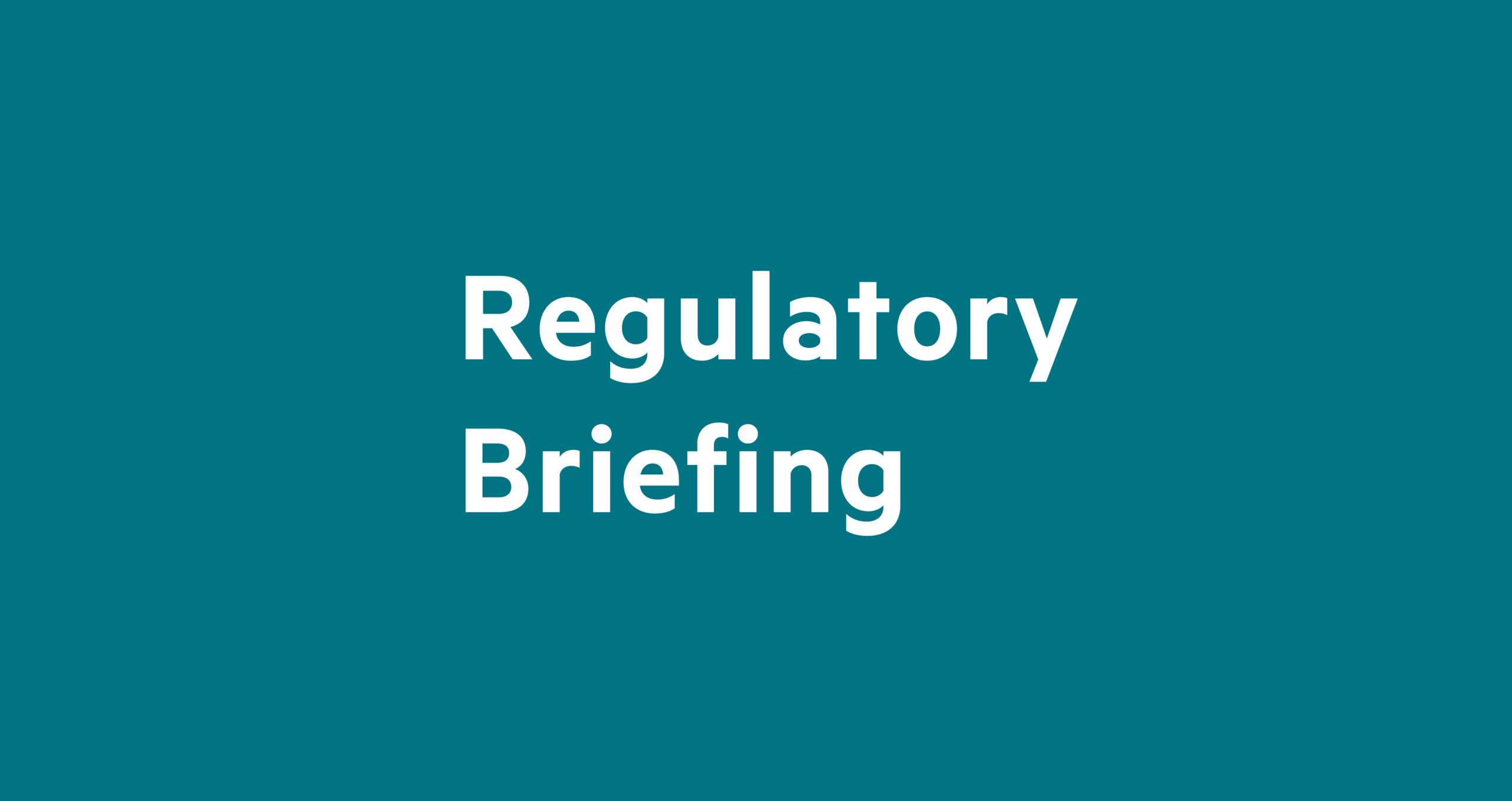
Regulatory Briefing: EU parliament committees oppose inclusion of gas and nuclear in taxonomy

Two influential European Parliament committees have rejected plans to classify gas and nuclear energy as ‘green’ within the EU’s much-vaunted sustainable finance taxonomy. Next month, MEPs will make a final decision in a full parliament vote on whether or not the plans should go ahead.
The European Parliament’s environment and economic committees this week opposed the controversial move hammered out by the European Commission and EU member states, which would label gas and nuclear as sustainable; the margin was 76-62, with four abstentions. A simple majority will now determine the plenary parliamentary vote.
The activist response. Luca Bonaccorsi, sustainable finance director at green campaign group Transport & Environment, said: “MEPs have sent a clear message: no more labelling fossil gas as green and no more gifts to [Russian president Vladimir] Putin. This is a clear sign that the tide has turned, and it isn’t impossible to imagine a complete rejection of the proposal when the whole of the parliament comes together in July. Gas is not green; the European Parliament has the opportunity to re-establish this fundamental truth.”
While it isn’t a foregone conclusion that parliament will vote down the European Commission proposal, Bas Eickhout, a Dutch MEP from the Greens, said: “There’s no guaranteed majority, but I remain positive that we can stop this.”
The plan to categorise gas and nuclear as sustainable was a contorted compromise brokered between member states with opposing views. Nuclear-friendly France, for example, is pulling in the opposite direction to states such as Germany – which is worried about nuclear waste – but together with those who hope to see the EU taxonomy established globally as an environmental gold standard. Things have got more fraught in recent months, with the war in Ukraine underlining the importance of gas to Europe, and anti-ESG sentiment hardening among right-wing groupings.
Unravelling or adjusting? Last week, a committee of MEPs separately rejected proposals to overhaul the EU’s emission trading scheme. Critics will doubtless argue that the EU’s sustainability strategy is unravelling in the face of hard economic realities, while proponents may consider this as part of a messy process that ultimately lends democratic legitimacy to EU sustainability measures.
The political compromises surrounding the taxonomy, coupled with its rigidity and sheer unwieldiness, have tarnished it. But after conducting two surveys of sustainable funds, France-based bank Natixis declared the taxonomy to be “a beacon in the mess of Sustainable Finance Disclosures Regulation funds classification”.
Natixis found that increasingly, green funds are using the taxonomy to report on their alignment to the classification system, as the SFDR requires them to. It also found that though the exposure of SFDR funds to nuclear activities is very low, nuclear energy is starting to appear “as a key enabler of the energy transition”.
Similar Articles

In Brief: EU parliament rubber-stamps CSDDD; US imposes strict rules on carbon pollution from power plants

UK Climate Change Act remains legally sound 15 years on, experts say


